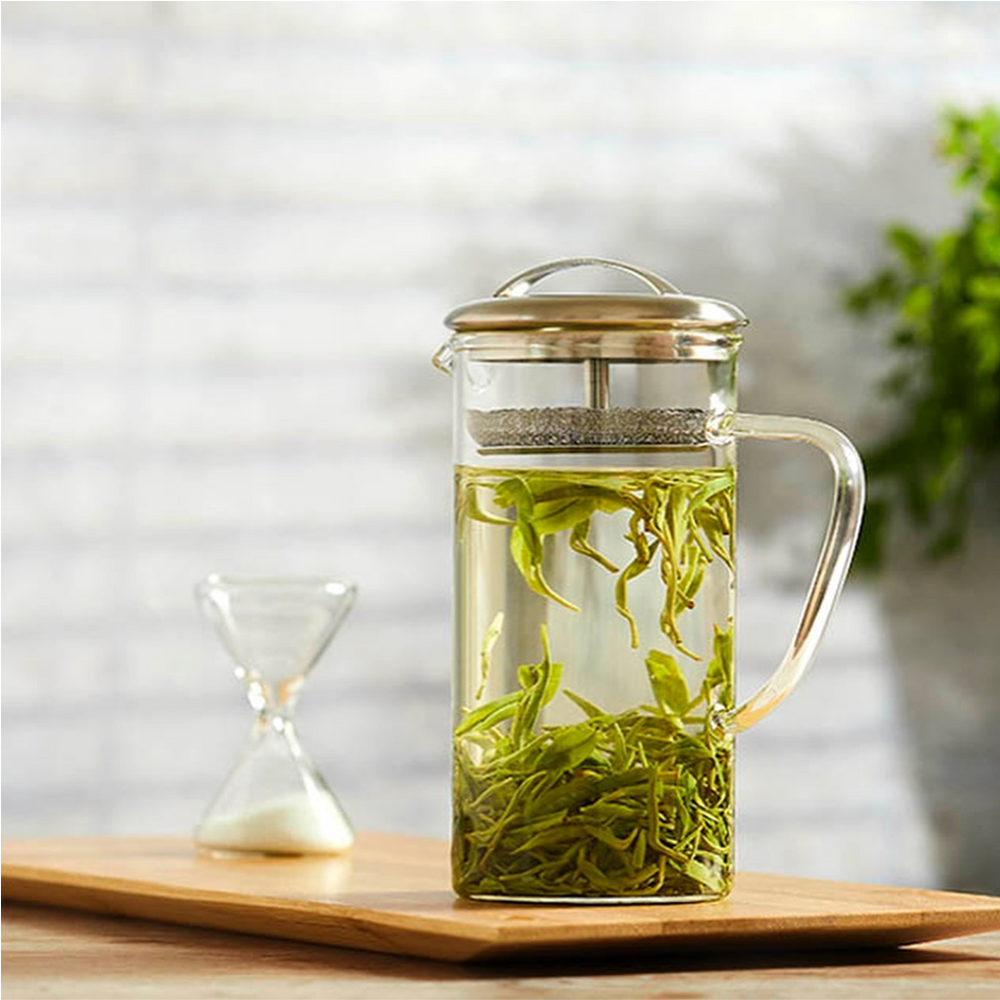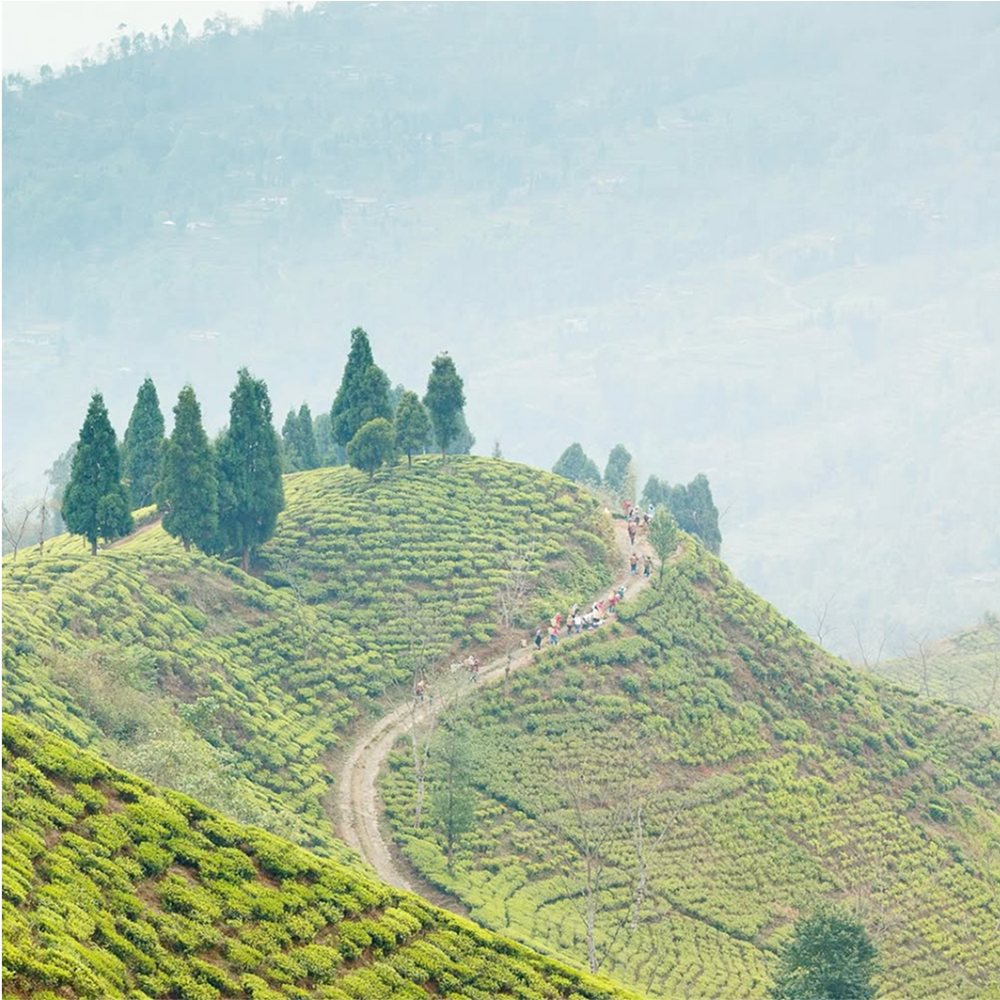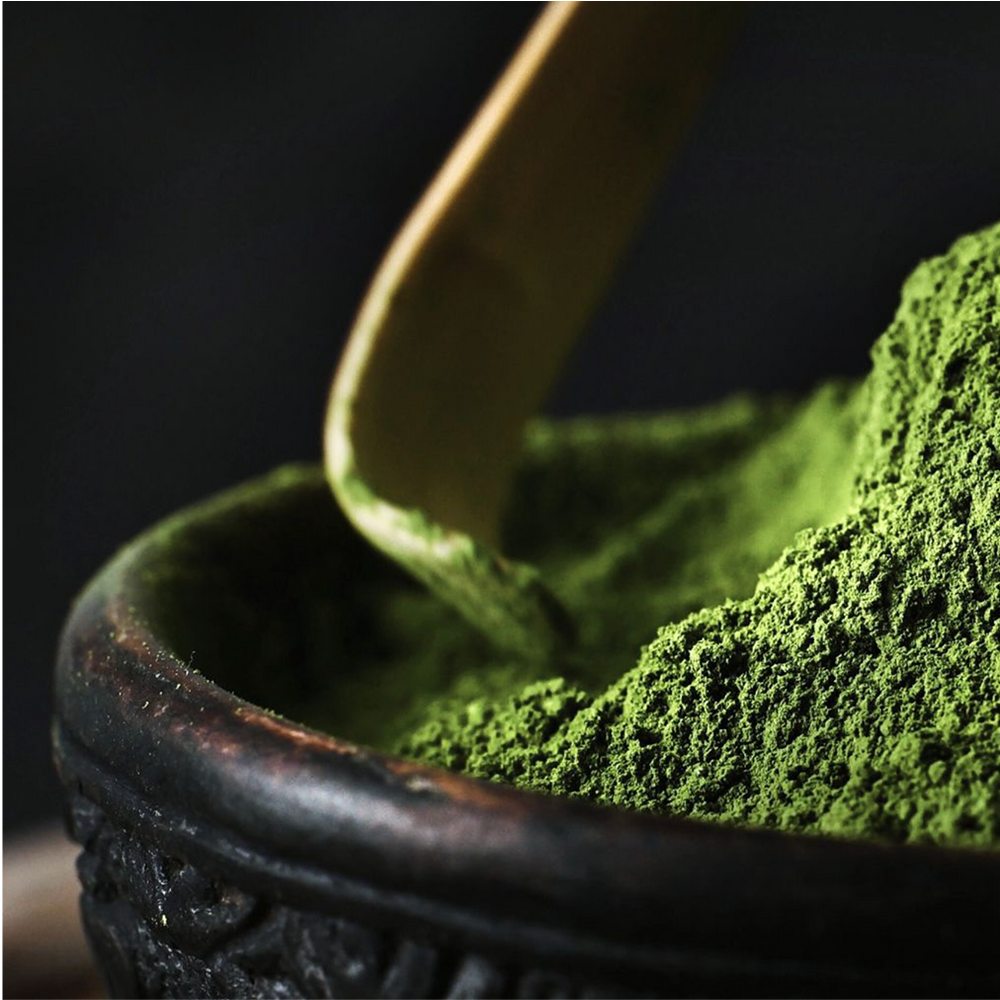The conversation around herbal infusions and weight loss has gotten louder recently, particularly among influencers and on social media. Specifically, so-called 'detox teas' have been attracting attention amid claims they can reduce bloating and water retention, enhance your metabolism, increase energy levels, boost your immune system and even cleanse your digestive system.
At JING, we believe there can be some health benefits to drinking herbal infusions, but perhaps not for the above mentioned reasons. These benefits are also likely to vary from person to person, so it is worth exploring your options to find your favourite herbal infusions.
Some benefits of Teas and Herbal Infusions are that they're both hydrating and taste great.
The Truth Behind Weight Loss Tea
Recently, you may have noticed an influx of new tea brands with 'skinny' in their names, suggesting a connection between tea and weight loss. However, science has yet to substantiate a direct link between drinking herbal infusions and significant weight loss.
Many teas marketed for weight loss contain natural diuretics, which encourage the body to expel water. Any immediate reduction in weight is likely due to water loss rather than fat loss. This type of weight loss is typically unsustainable and can lead to dehydration, a potentially dangerous condition. Ironically, dehydration might cause your body to retain fluids, leading to bloating—the very issue these teas claim to combat.
The most likely way herbal infusions might contribute to weight loss is by replacing high-calorie beverages like soft drinks or energy drinks. Choosing a herbal infusion instead of a sugary drink can reduce your overall calorie intake, leading to gradual weight loss. Herbal infusions are hydrating, as they are mostly water, and they are sugar-free, making them a healthier choice.
Which Herbal Teas Are Good For You?
We recommend approaching the health claims of 'detox teas' with caution. As we’ve mentioned, these teas are unlikely to be beneficial in the long term. Your liver, kidneys, and digestive system are naturally equipped to detox your body without external aid. In fact, detox teas containing ingredients like cassia, senna, or chamaecrista may act as laxatives, potentially causing more harm than good.
If you’re considering trying a new herbal infusion, it’s wise to consult your doctor first. There are many traditional herbal infusions, such as Peppermint, Organic Chamomile, and Organic Rooibos, which are safe and well-regarded for their natural properties. High-quality herbal infusions are made from whole leaves and flowers, carefully processed to retain their essential oils, flavours, and aromas.
Which Teas are Good for Weight Loss?
If you are specifically interested in weight loss, there has been some promising but as yet unconfirmed research into the efficacy of green tea. Tea leaves can be a rich source of plant-based polyphenols called catechins. In green tea, the catechin is EGCG, which has been called the "most powerful super nutrient in the tea plant." EGCG is an antioxidant, just like vitamin C, vitamin E, or beta-carotene. This means it prevents oxidisation and stabilises potentially damaging free radical cells. It could, therefore, play a role in combating heart disease and cancer. Research suggests it is also anti-inflammatory and fights inflammation.
If it is the antioxidant benefits of green tea you are interested in, bear in mind that Matcha – a traditional Japanese green tea powder – can contain up to 10 times as many antioxidants as other teas, but also more caffeine as, with matcha powder, the whole leaf is ingested. So always consult your GP if you are planning to use green tea for medicinal purposes.
Tea Time With JING
In the meantime, we suggest green tea is best enjoyed in a traditional manner. This is not least because preparing loose tea leaves creates a moment of ceremony that, today, is an increasingly rare opportunity to pause. Around the world, ancient cultures have recognised the mental health benefits of drinking tea for millennia. Tea has been a part of meditation and ceremonial rituals worldwide, and our own experience at JING tells us that setting aside some time each day to drink a range of teas should have a positive effect.




